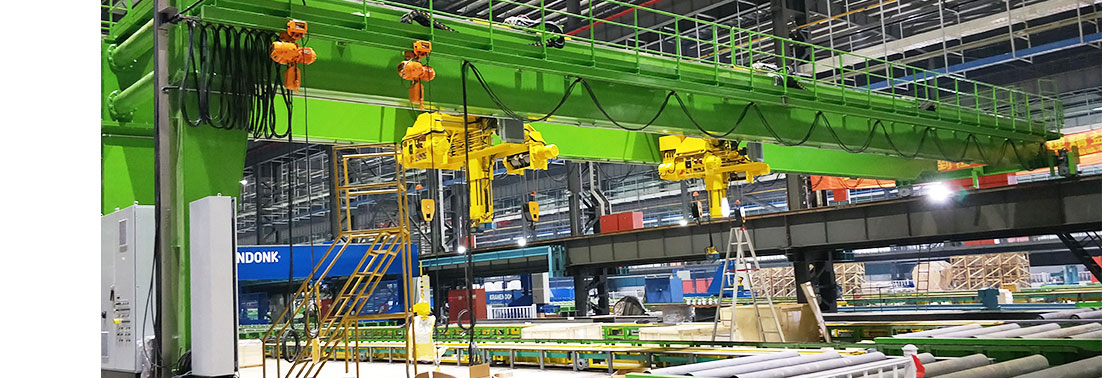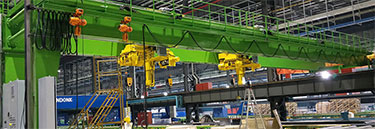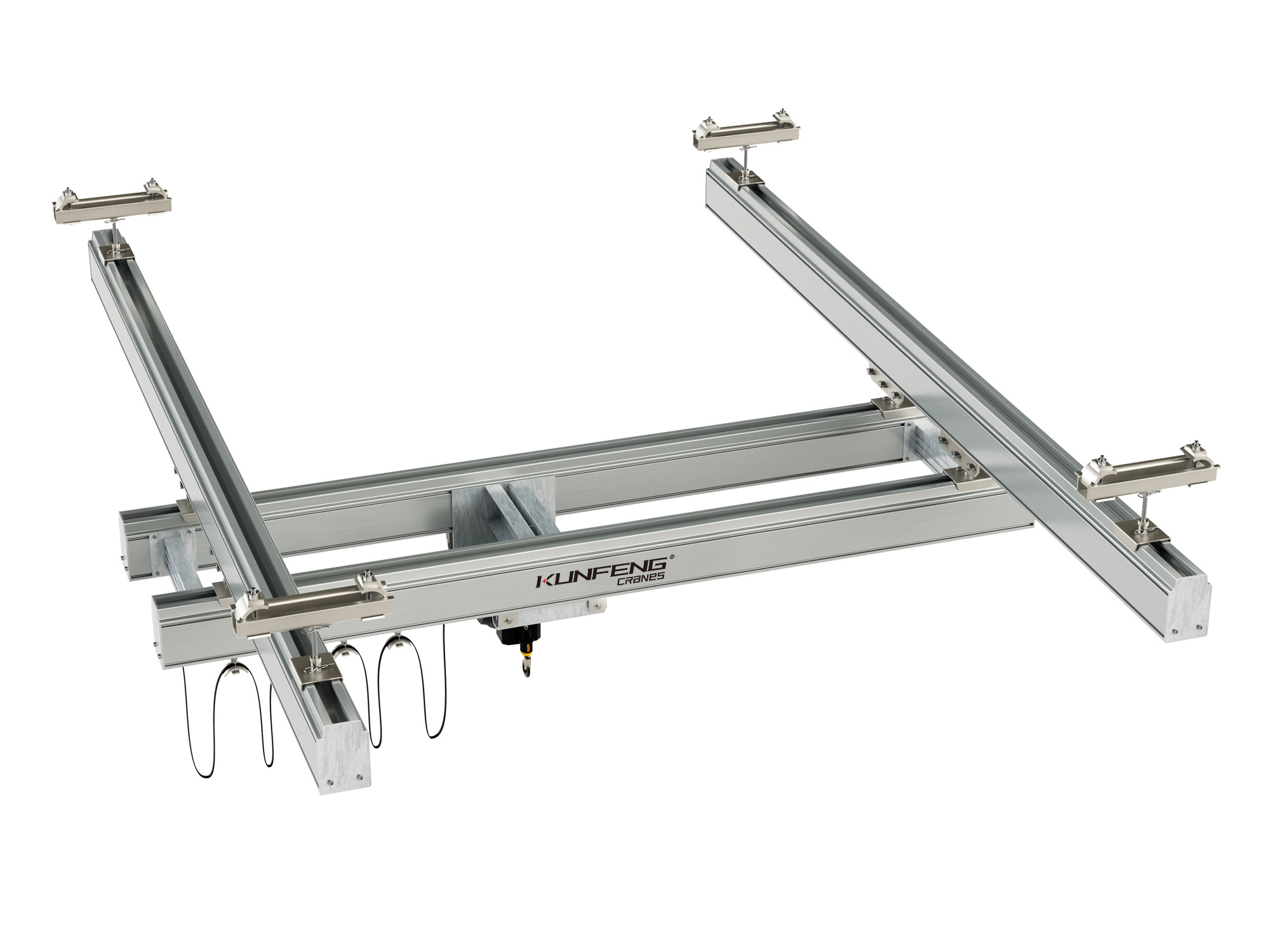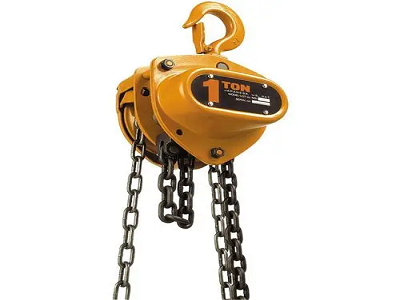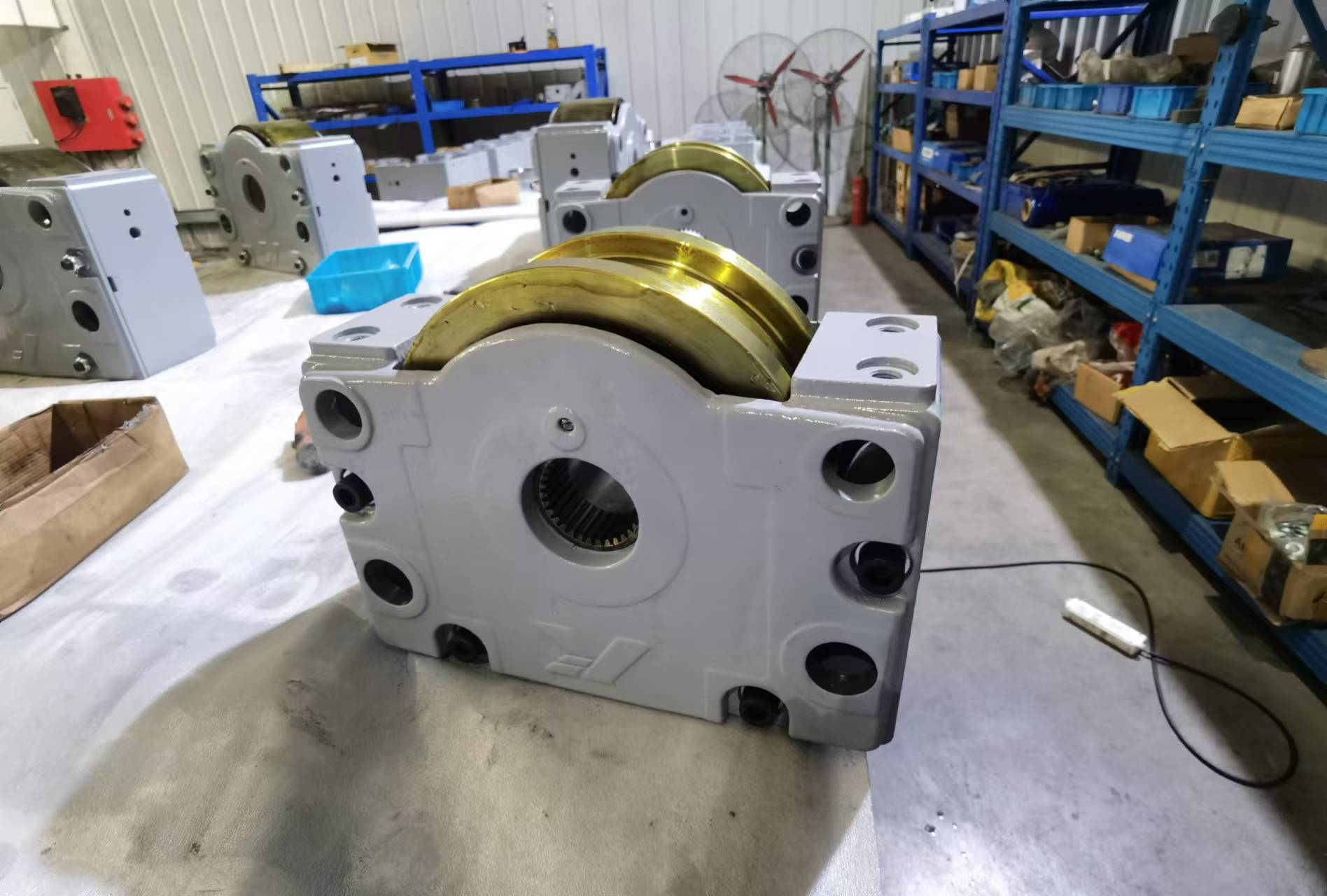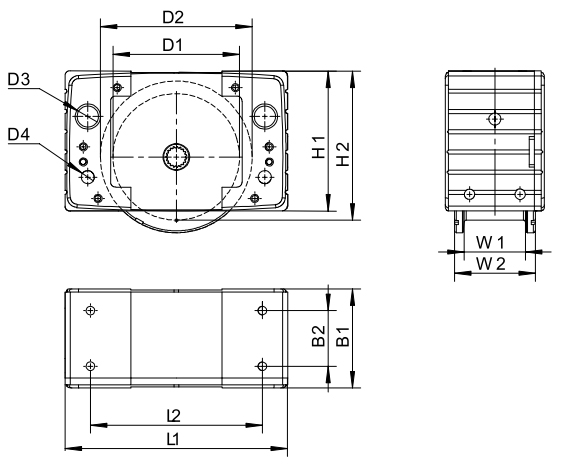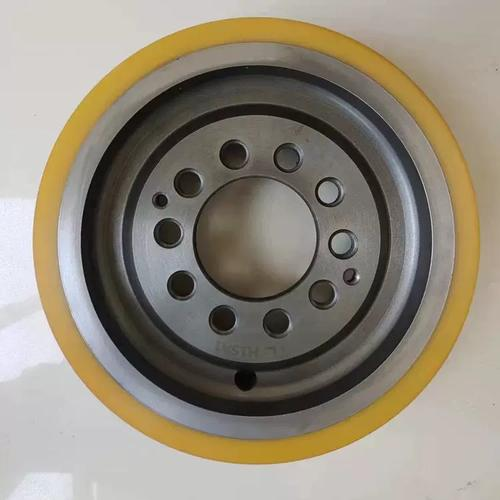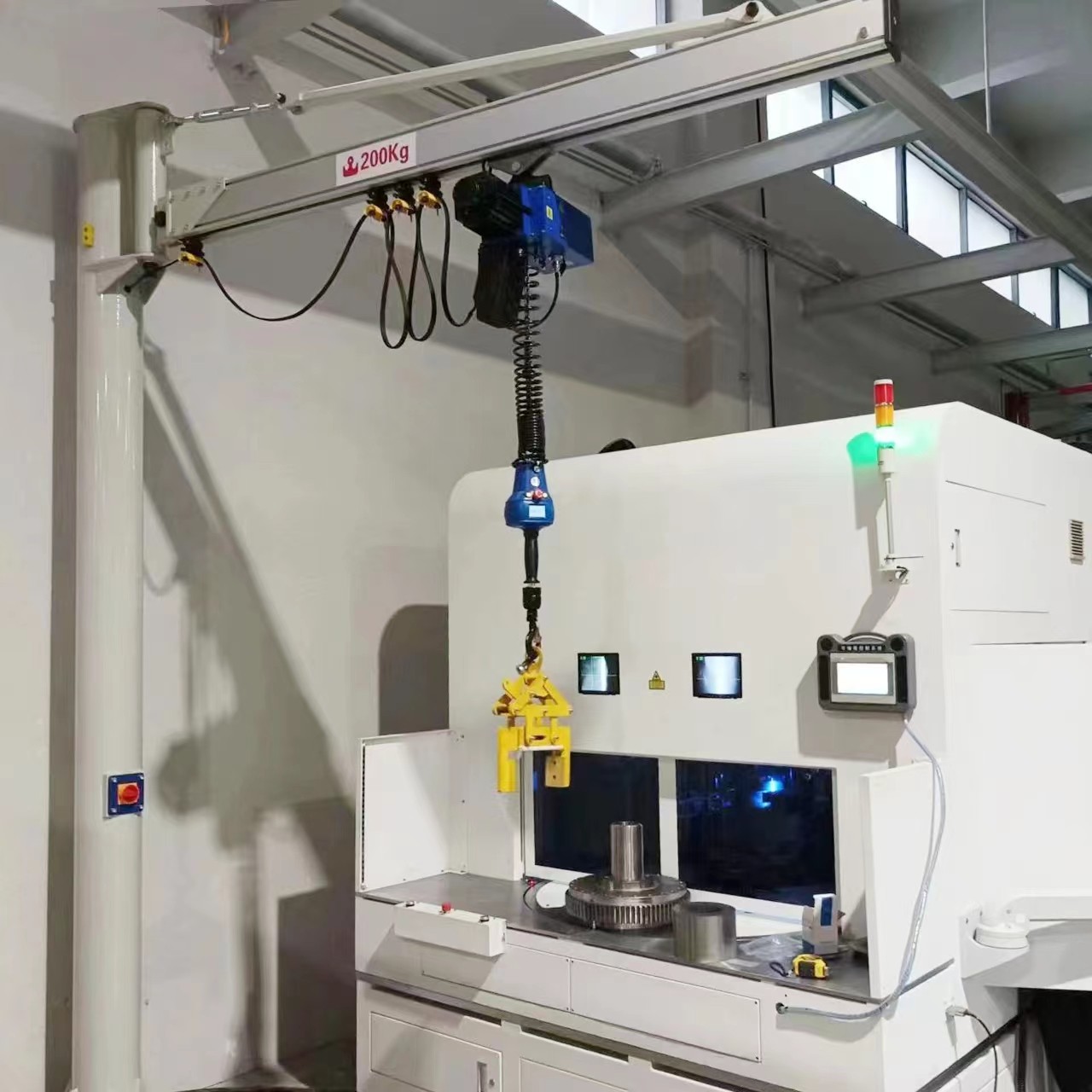
| Maintenance of Food Factory Jib Crane
The maintenance of food factory jib crane is an important link to ensure the normal operation of equipment, improve production efficiency and ensure work safety. Jib cranes play a pivotal role in food factories, responsible for hoisting and transporting various raw materials, semi-finished products and finished products. Their stable operation is crucial to ensuring the smoothness of the production line. Therefore, regular maintenance and upkeep of jib cranes is particularly important.
Routine maintenance
Routine maintenance is the basis of jib crane maintenance, including steps such as cleaning, lubrication and tightening. First of all, dust, oil and debris on the crane should be removed regularly to keep the equipment clean. Secondly, check the lubrication condition of the crane regularly to ensure that all components are well lubricated and reduce wear and friction. In addition, the crane's fasteners should be checked regularly to see if they are loose. If they are loose, they should be tightened in time to prevent failures caused by looseness.

Periodic inspection
In addition to routine maintenance, regular inspections of jib cranes are also required to detect potential problems and failures. The inspection content includes the crane's structure, electrical system, transmission system, braking system, etc. During the inspection process, focus on the wear, cracks, deformation and other issues of each component. Once problems are discovered, they should be dealt with in a timely manner. At the same time, the crane's electrical system must be inspected to ensure its normal operation and avoid safety accidents caused by electrical faults.
Maintenance
Maintenance is an important part of jib crane maintenance, including replacement of wearing parts, cleaning of oil tanks, replacement of lubricating oil, etc. During the maintenance process, seriously worn parts should be replaced in time according to the usage and maintenance plan of the equipment to avoid equipment failure caused by component wear. At the same time, the oil tank must be cleaned regularly and the lubricating oil must be replaced to ensure that the equipment is well lubricated. In addition, during the maintenance process, various parameters of the crane must be adjusted and optimized to improve the operating efficiency and stability of the equipment.
Safety Precautions
During the maintenance and upkeep of jib cranes, safe operating procedures must be strictly followed to ensure the safety of operators. First of all, it is necessary to ensure that the equipment is maintained and maintained during a power outage to avoid electric shock accidents caused by misoperation. Secondly, during maintenance and upkeep, use appropriate tools and equipment to avoid injuries caused by improper use. In addition, the crane's safety devices must be inspected and tested regularly to ensure their reliability.

Maintain records
In order to better manage the maintenance work of jib cranes, a complete maintenance record system must be established. Maintenance records should include equipment maintenance date, maintenance content, maintenance personnel, maintenance results and other information. Through the analysis of maintenance records, equipment problems and failure trends can be discovered in a timely manner, providing a basis for formulating targeted maintenance plans. At the same time, maintenance records can also be used as a reference for equipment troubleshooting and repair, improving maintenance efficiency and quality.
In short, the maintenance of Food factory jib crane is an important link to ensure the normal operation of equipment, improve production efficiency and ensure work safety. Through daily maintenance, regular inspections, compliance with maintenance and safety precautions, and the establishment of maintenance records, the stable operation of the jib crane can be ensured and its service life can be extended, providing a strong guarantee for the production of food factories.

